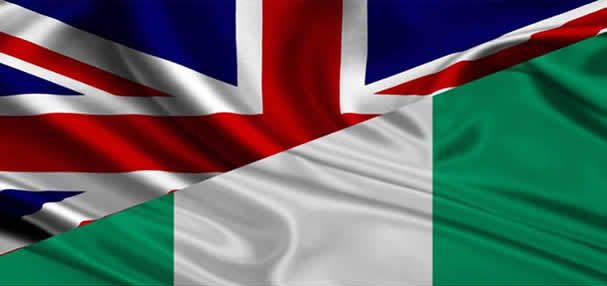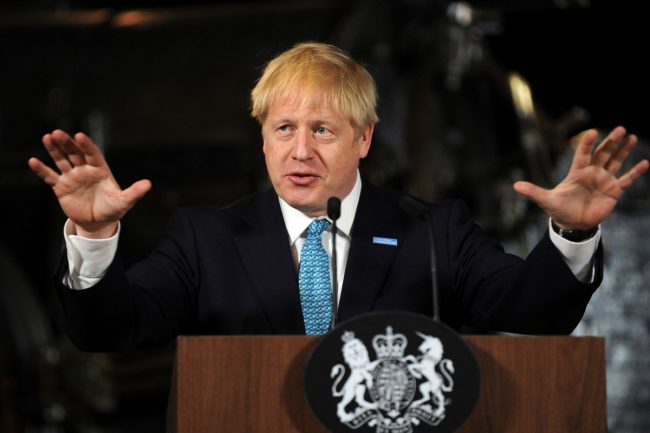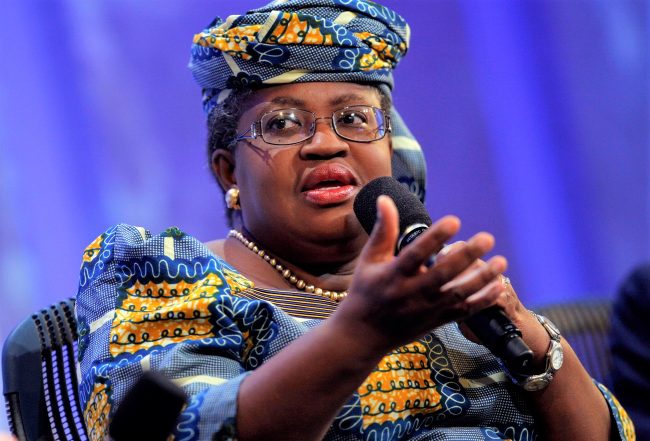by Boniface Ihiasota
With Brexit already effected, the United Kingdom is working towards boosting business trade with Africa. This was further signaled at the UK-Africa summit held at the United Kingdom. Prime Minister Boris Johnson has always shared the thoughts that after Brexit, the United Kingdom will be able to negotiate its own trade deals.
The UK’s international development strategy secretary, Alok Sharma, for instance believes that investment and trade deals will be reached in Africa “Left, Right and Centre”.
In September 2019, the UK started an Economic partnership Agreement with the Southern African Customs Union (Sacu). South Africa is the biggest investment partner of the United Kingdom in Africa, this is followed by Nigeria.
At the summit for instance, Four British companies signed business deals with Nigeria. The deals were among several others sealed between UK Companies and their African partners.

For Nigeria, Low energy designs won an export contract to install street lighting in Oyo state while Savvanah will invest 315 million Pounds in the acquisition and investment of Ingas assets in Nigeria.
Another British Company Tex ATC will install five airport control towers worth 2 milion pounds in different parts of Nigeria while Trilliant got a deal to install 5 million pounds of Smart Metering for Abuja Disco.
At the summit, the United Kingdom Prime Minister, Boris Johnson called that United Kingdom should be the investment partner choice for African countries. The summit brought together 21 African countries and African companies.

British and African firms as an aftermath of the summit announced deals worth 6.5billion Pounds worth of commercial deals including: A 25 million pounds investment by Matalan in Egyptt to launch eleven new shopping outlets. GSK are also investing a further 5 million pounds in their operations in Egypt. Diageo is making a 167million pounds investment in Kenya and East Africa to support the sustainability of Breweries.
London also announced a new project towards a rich pipeline of infrastructure in countries like Egypt, Ethiopia, Ghana, Kenya , Uganda and the African development bank.
Former Nigerian Minister of Finance and Economist, Dr. Ngozi Okonjo Iweala speaking at the summit said As Africans, we expect in the future, we will be a key market and not just for the U.K to sell to”.

During the summit, companies like Rolls Royce, Aggreko, Airbus among others were present. British PM Boris Johnson also revealed that the United Kingdom will be open to more Africans coming into the United Kingdom.
Despite this development, some have argued that Britain is still showing superpower status over the African countries years after colonialism ended. Although the Prime Minister noted that “ More than half the world’s fastest , 15 fastest growing economies are in Africa”. “Two-Thirds of African economies are expanding faster than the global average. Africa is the future and the UK has a huge and active role to play in that future”.
However, one of the low points of the summit was the participation of fewer number of African leaders. Sixteen African leaders attended the London summit, far fewer than the dozens of leaders who attended similar events in Japan, Russia and China.
There have also been concerns over the fact that more than 90% of the 2 billion pounds in energy deals struck at the UK-Africa investment summit were fossil fuels despite a government commitment to “support African countries in their transition to cleaner energy” .
With the summit aftermath raising discussions, one would ask, “How far can the summit have impacts?”










